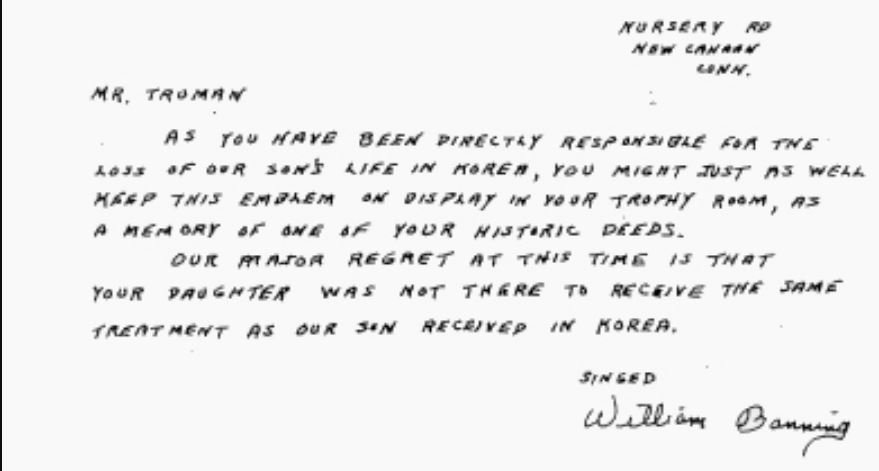Suspend Judgment
It’s very easy for people to sit back on Black Friday and exempt themselves from the rat race, to hold themselves above all those plebs scrambling for a television at half-price. The neo-Marxist left, and regrettably some libertarians, like to tsk-tsk at these people for being so foolish as to think “useless junk” like TVs and children’s toys and gaming consoles are worth such revelries.
This is the great tragedy of the political philosopher, who thinks he knows what’s best for everyone. “You don’t really need that TV, you don’t really need that new pair of shoes.” To these people I say, get off your morally superior high horse. Who are you to say what people need and don’t need? That is the beauty of voluntaryism and capitalism: it is a descriptive, and not a prescriptive, worldview. Nobody is required, let alone qualified, to decide what’s best for everyone else. In a truly free market, free from government coercion and cronyism, everyone is able to allocate for themselves what resources, goods, and services they deem most valuable and essential.
Mostly we think of Black Friday as a day of crass consumerism, of greed, and irrational attachment to material goods. But just look how good life is. The free market has yielded a surplus unthinkable to even the richest members of society as recent as two hundred years ago. So stop judging and celebrate abundance.




